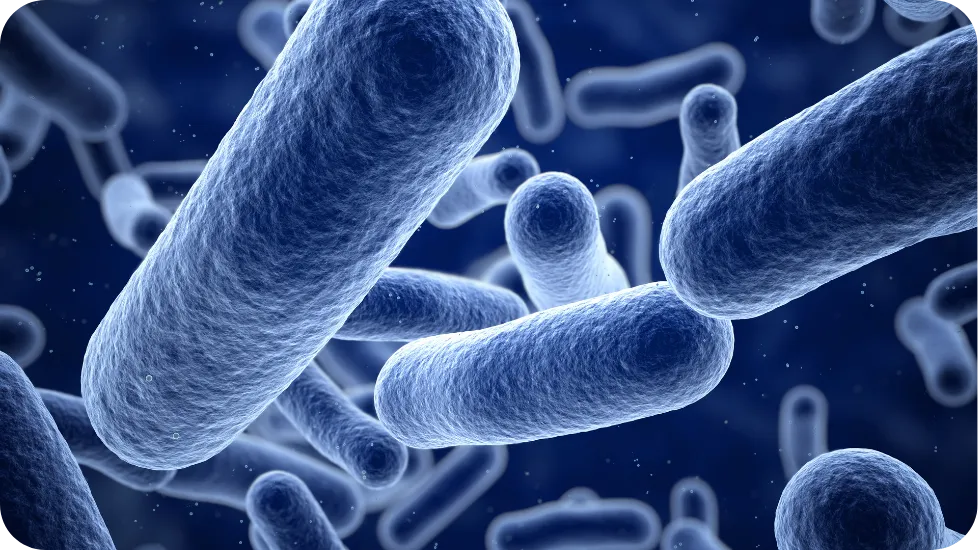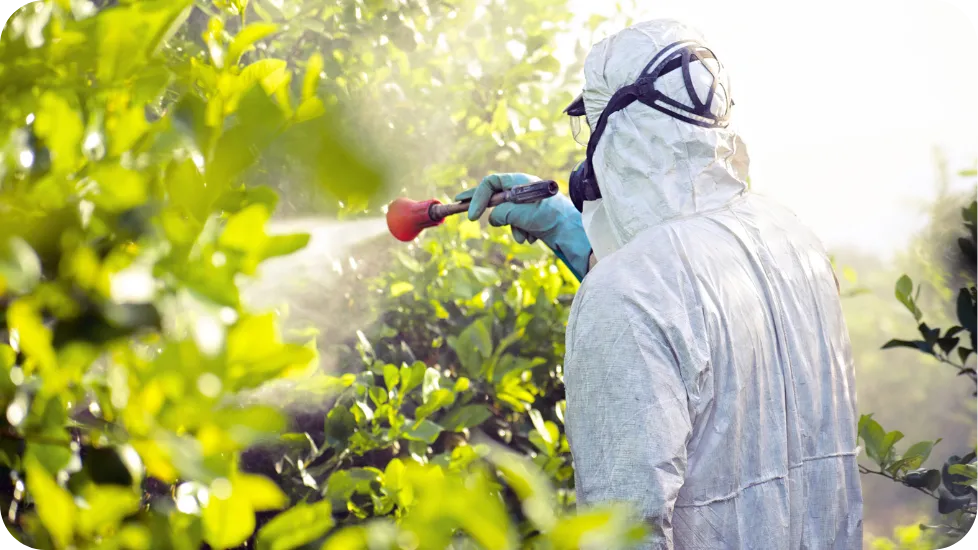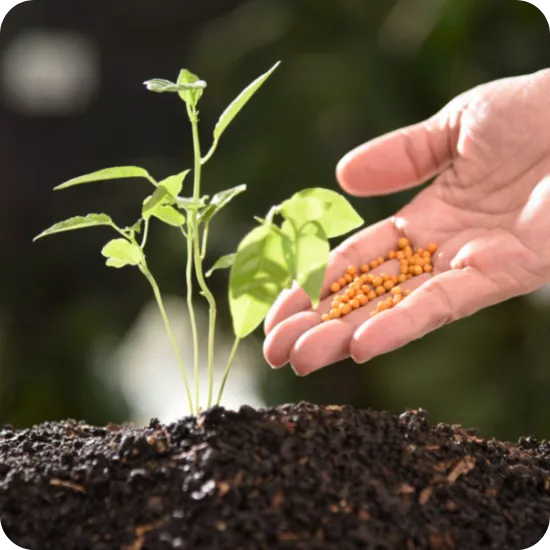What Are Bio-fertilizers?
MICROBES THAT MAKE THE PLANTS HAPPY by supplementing organic nutrients and
enhancing growth can be called as BIOFERTILIZERS
This includes selective live microorganisms like

Bacteria

Fungi

Algae
What Are Bio-fertilizers?
MICROBES THAT MAKE THE PLANTS HAPPY by supplementing organic nutrients and
enhancing growth can be called as BIOFERTILIZERS
This includes selective live microorganisms like

Bacteria

Fungi

Algae
We all know agriculture plays a crucial role in the life of an economy. Agriculture is not only providing food and raw material but also employment opportunities to a very large proportion of population.
For profitable yield in agriculture we need fertilizers and pesticides.
Bio-fertilizers become popular to counter the negative impact of indiscriminate use of chemical fertilizers.
We all know agriculture plays a crucial role in the life of an economy. Agriculture is not only providing food and raw material but also employment opportunities to a very large proportion of population.
For profitable yield in agriculture we need fertilizers and pesticides.
Bio-fertilizers become popular to counter the negative impact of indiscriminate use of chemical fertilizers.

Chemical fertilizers and pesticides have played an important role in boosting the agricultural production for past 50 years in India, since their introduction during green revolution. Their immediate action and low cost resulted in the widespread acceptance and inclusion in cultivation practices.
However their long term application contributed in loss of soil fertility along with addition of salts to the soil.
This led to concern for reviving the soil health and use of alternate sources of fertilizers.
Chemical fertilizers and pesticides have played an important role in
boosting the agricultural production for past 50 years in India, since their introduction during green revolution. Their immediate action and low cost resulted in the widespread acceptance and inclusion in cultivation practices.
However their long term application contributed in loss of soil fertility along
with addition of salts to the soil.
This led to concern for reviving the soil health and use of alternate
sources of fertilizers.
The bacteria in soil are diverse and active making the soil ecosystem as dynamic both in natural and managed agricultural soils mediating various beneficial as well as harmful processes to plants.
Present day agriculture is mainly based on the hybrid varieties to feed the growing population which requires application of high quantities of inorganic fertilizers and pesticides. Continuous and repeated application of in-organics cause health and environmental problems. Excess application of N leads to excess quantity of nitrates in drinking water leading to cancer, respiratory illness and contaminated environment.
Thus, the concept of bio-fertilizers proved to be a good supplement for chemical fertilizers making the upper hand in the present day agriculture.

Role of Bio-fertilizers in agriculture
These microbes also promote plant growth directly by N₂-fixation, phytohormone production, P-solubilization, organic mineralization, soil aggregation by polysaccharide production, siderophore production, vitamin synthesis, proton-extrusion mediated mineral uptake, degradation of potential xenobiotics, production of organic volatile compounds and soil bound and plant growth modulating enzymes.

Role of Bio-fertilizers in agriculture
These microbes also promote plant growth directly by N₂-fixation, phytohormone production, P-solubilization, organic mineralization, soil aggregation by polysaccharide production, siderophore production, vitamin synthesis, proton-extrusion mediated mineral uptake, degradation of potential xenobiotics, production of organic volatile compounds and soil bound and plant growth modulating enzymes.
Further, they indirectly influence the plant growth by suppressing soil borne pathogens through mechanisms like antibiosis, hyper parasitism, induction of systemic induced resistance resulting in production of pathogen related proteins and lastly, enhance the stress (biotic and abiotic) resistance in plants.
Thus, bacteria play an invaluable role in the present scenario of sustainable agriculture and precision farming.
Inoculation of crop plants with certain strains of biofertilizers improves biomass production through direct effects on root and shoots growth.
Inoculation of ornamentals, forest trees, vegetables, and agricultural crops with biofertilizers may result in multiple effects on plant growth, as seen in the enhancement in germination, healthy growth, plant vigor, plant height, shoot weight, nutrient content of shoot tissues, early bloom, chlorophyll content, and increased nodulation in legumes.
Further, they indirectly influence the plant growth by suppressing soil borne pathogens through mechanisms like antibiosis, hyper parasitism, induction of systemic induced resistance resulting in production of pathogen related proteins and lastly, enhance the stress (biotic and abiotic) resistance in plants.
Thus, bacteria play an invaluable role in the present scenario of sustainable agriculture and precision farming.
Inoculation of crop plants with certain strains of biofertilizers improves biomass production through direct effects on root and shoots growth.
Inoculation of ornamentals, forest trees, vegetables, and agricultural crops with biofertilizers may result in multiple effects on plant growth, as seen in the enhancement in germination, healthy growth, plant vigor, plant height, shoot weight, nutrient content of shoot tissues, early bloom, chlorophyll content, and increased nodulation in legumes.
Copyright © 2023 • MICROBIOL NICHE • All Rights Reserved


